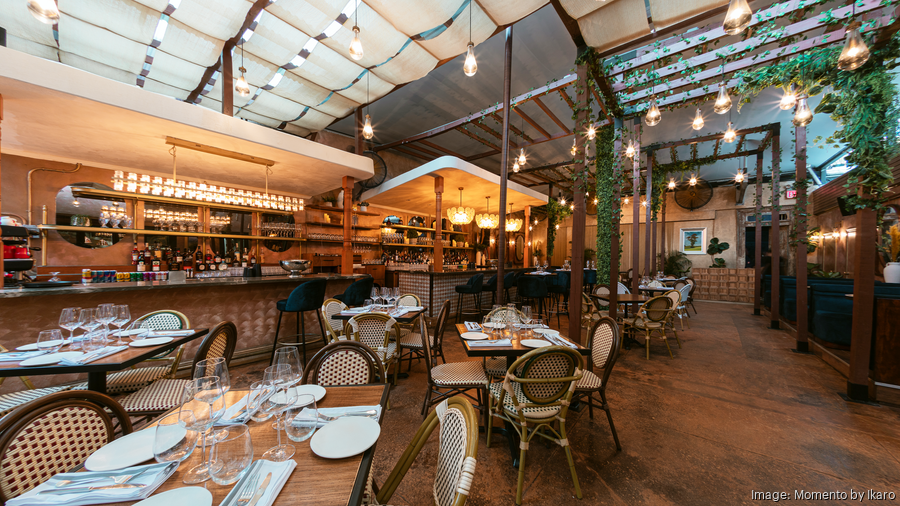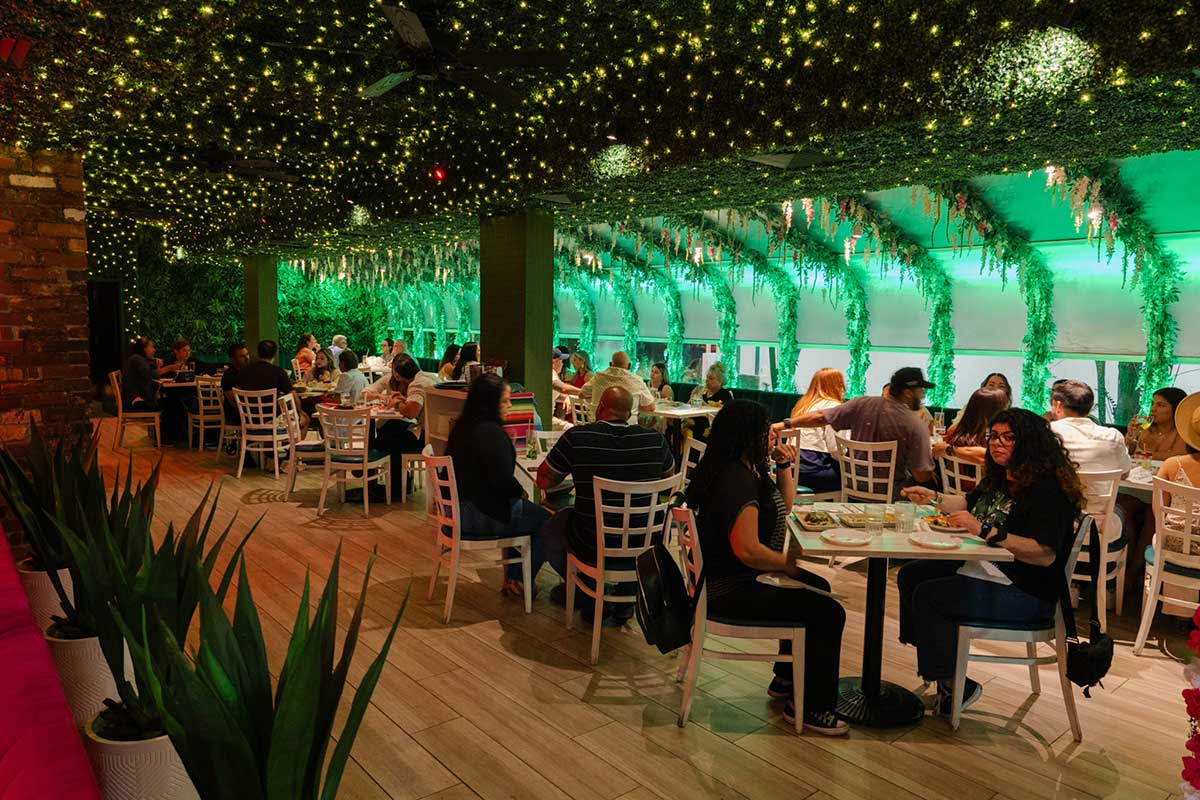Latest News and Unique Insights into Spanish Culture
Spain, a country rich in history, vibrant culture, and breathtaking landscapes, continues to capture the world’s attention. From political developments to culinary innovations, Spain’s current events reflect a blend of tradition and modernity. This article explores the latest news and offers unique insights into the essence of Spanish culture.
Political Landscape
Spain’s political scene has been dynamic, particularly in the wake of the recent general elections. The country has been navigating complex political waters, with coalition governments becoming the norm. In the latest elections, the Spanish Socialist Workers’ Party (PSOE) led by Prime Minister Pedro Sánchez emerged as a significant force. However, the rise of the far-right party, Vox, has been a topic of concern. The increase in their popularity highlights a growing division in Spanish society regarding issues like immigration, regional autonomy, and economic policy.
Negotiations for forming a stable government have been ongoing, with Sánchez striving to maintain power while balancing the interests of various coalition partners. This political landscape not only affects governance but also influences daily life in Spain, from local policies to national social issues.
Economic Developments
Spain’s economy is showing signs of recovery following the pandemic-induced slump. The tourism sector, a vital part of Spain’s economy, is rebounding as travelers flock back to popular destinations like Barcelona, Madrid, and the coastal areas of Costa del Sol. This resurgence is crucial as tourism contributes significantly to employment and economic stability.
Additionally, Spain is investing in renewable energy, aligning with the European Union’s green initiatives. The country aims to become a leader in sustainable energy, particularly in wind and solar power. This focus on green energy not only promises economic benefits but also addresses climate change, reflecting a cultural shift towards environmental responsibility.
Cultural Highlights
Spain’s rich cultural tapestry is woven from diverse influences, including its regional identities, historical events, and artistic achievements. Each region boasts unique traditions, languages, and culinary specialties, making Spain a mosaic of cultures.
1. Festivals and Traditions:
Spain is renowned for its festivals, which are vibrant celebrations of life, religion, and community. One of the most famous is La Tomatina, held in Buñol, where participants engage in a massive tomato fight. Similarly, the Running of the Bulls in Pamplona attracts thrill-seekers from around the globe, showcasing Spain’s adventurous spirit.
In contrast, quieter traditions like Semana Santa (Holy Week) in Seville highlight the country’s deep religious roots. The processions, adorned with elaborate floats and traditional attire, create a poignant atmosphere that resonates with both locals and visitors.
2. Culinary Delights:
Spanish cuisine is a testament to the country’s rich agricultural heritage and diverse cultural influences. Tapas, a staple of Spanish dining, offer a culinary journey through various flavors and textures. From patatas bravas to jamón ibérico, these small dishes encourage social interaction and embody the Spanish philosophy of enjoying life.
The recent culinary scene has seen a rise in innovative gastronomy, with chefs like Ferran Adrià and José Andrés pushing the boundaries of traditional cooking. Molecular gastronomy and fusion dishes are gaining popularity, attracting food enthusiasts eager to experience Spain’s culinary evolution.
3. Artistic Expression:
Spain’s artistic heritage is celebrated globally, with figures like Pablo Picasso, Salvador Dalí, and Antoni Gaudí leaving indelible marks on the art world. The Picasso Museum in Barcelona and the Salvador Dalí Theatre-Museum in Figueres are must-visit locations for art lovers. Gaudí’s architectural masterpieces, such as the Sagrada Família and Park Güell, blend creativity and spirituality, symbolizing the unique artistic spirit of Spain.
Contemporary art is also flourishing, with many galleries showcasing emerging artists and innovative installations. The art scene in cities like Madrid and Barcelona reflects Spain’s ongoing commitment to cultural expression, blending traditional influences with modern sensibilities.
Spanish Language and Literature
The Spanish language is a vital aspect of the country’s identity, spoken by millions worldwide. Literature, from the classics like Cervantes’ “Don Quixote” to contemporary works by authors like Javier Marías and Rosa Montero, reflects the depth and diversity of Spanish culture. Book fairs and literary festivals, such as the Madrid Book Fair, celebrate this rich literary tradition, fostering a love for reading and storytelling.
Moreover, Spain’s regional languages, including Catalan, Basque, and Galician, add another layer of complexity to its cultural identity. These languages are celebrated through literature, music, and theater, highlighting the importance of regional pride in the broader Spanish narrative.
Unique Insights into Spanish Culture
1. Siesta Culture:
The traditional siesta, or afternoon nap, is a cultural practice deeply ingrained in Spanish society. Though modern lifestyles are changing this tradition, it reflects the Spanish value of work-life balance. This cultural phenomenon emphasizes the importance of family time and relaxation, setting Spain apart from more fast-paced societies.
2. Passion for Football:
Football (soccer) is more than just a sport in Spain; it is a national obsession. The fierce rivalry between clubs like FC Barcelona and Real Madrid captures the nation’s passion and pride. Match days transform cities into vibrant celebrations, with fans coming together to support their teams. The success of the national team, especially their victory in the 2010 World Cup, has further solidified football’s place in Spanish culture.
3. Emphasis on Family:
Family is the cornerstone of Spanish society. Gatherings, whether for meals or celebrations, are central to the Spanish way of life. The Sunday family lunch, where generations come together to share food and stories, reflects the strong familial bonds that characterize Spanish culture.
Conclusion
Spain’s latest news reflects a country in transition, balancing its rich cultural heritage with modern challenges. From political developments and economic recovery to vibrant festivals and culinary innovations, Spain remains a captivating destination. The unique insights into Spanish culture—its traditions, artistic expressions, and social values—highlight the nation’s enduring spirit. As Spain continues to evolve, it will undoubtedly maintain its status as a vibrant cultural hub on the global stage.
For more information, you can check out this website: https://komfort-wanny.pl/ or https://jsstal.pl/.







